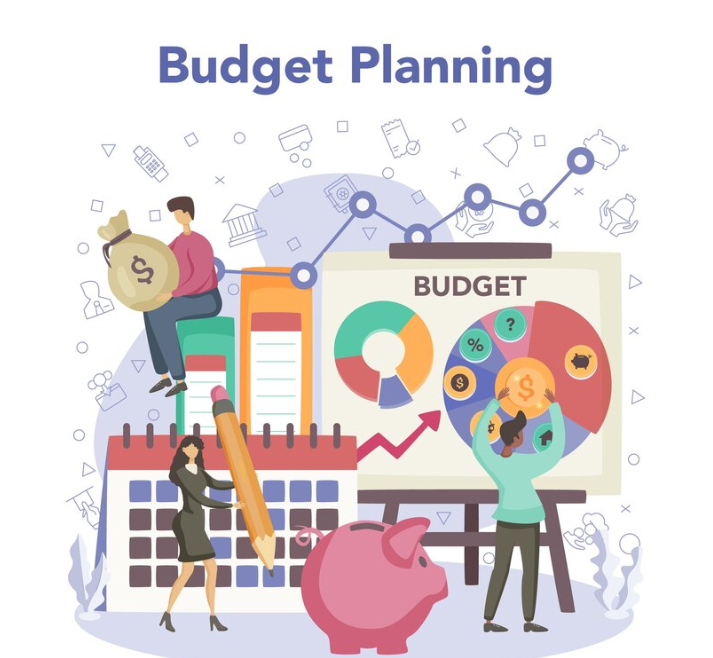Effective Debt Management Techniques to Improve Your Credit Score and Financial Stability Quickly
Debt management is a critical aspect of financial health, and handling it effectively can lead to significant improvements in both your credit score and overall financial stability. Poor debt management can result in mounting interest, late fees, and a declining credit score, making it harder to secure loans or favorable interest rates. However, with the right strategies, you can turn this around quickly and pave the way for a more secure financial future. Here are some proven techniques to manage your debt effectively and boost your credit score.
1. Assess and Prioritize Your Debts
The first step in effective debt management is to take a comprehensive look at your debts. List all your outstanding debts, including credit cards, personal loans, student loans, and mortgages, along with their interest rates, minimum payments, and due dates. This will give you a clear picture of your financial obligations and help you prioritize which debts to tackle first.
A common approach is the Debt Avalanche Method, where you focus on paying off debts with the highest interest rates first while making minimum payments on the rest. This method saves you money on interest in the long run. Alternatively, the Debt Snowball Method involves paying off the smallest debts first to build momentum and a sense of accomplishment. Choose the method that aligns best with your financial situation and personality.
2. Create a Realistic Budget
A well-planned budget is the cornerstone of effective debt management. Start by tracking your income and expenses to identify areas where you can cut back. Allocate a portion of your income specifically for debt repayment, ensuring that you can comfortably meet your basic needs while working towards debt reduction.
Automating your debt payments can help you stay on track and avoid late fees, which can harm your credit score. Consider setting up automatic payments for at least the minimum amount due, with additional payments directed towards your prioritized debt.
3. Negotiate with Creditors
Don’t hesitate to reach out to your creditors if you’re struggling to keep up with payments. Many creditors are willing to negotiate new terms, such as lower interest rates, extended repayment periods, or even a temporary pause on payments in cases of financial hardship. This can significantly reduce your financial burden and make your debt more manageable.
4. Consolidate Your Debts
Debt consolidation involves combining multiple debts into a single loan with a lower interest rate. This simplifies your repayment process by reducing the number of payments you have to manage each month. It can also lead to lower monthly payments and save you money on interest, provided you qualify for a favorable rate.
Be cautious with this approach, as it requires discipline to avoid accumulating new debt after consolidation. Ensure that the terms of the consolidated loan are beneficial in the long run, and that you’re committed to sticking to your repayment plan.
5. Avoid Accumulating New Debt
While you’re working on paying off existing debts, it’s crucial to avoid accumulating new ones. Resist the temptation to make unnecessary purchases, especially on credit. Focus on living within your means, using cash or debit for most transactions to avoid additional debt.
6. Monitor Your Credit Report Regularly
Regularly monitoring your credit report is essential for effective debt management and credit score improvement. It allows you to spot errors or fraudulent activity that could negatively impact your score. You’re entitled to a free credit report annually from each of the three major credit bureaus—Equifax, Experian, and TransUnion.
By keeping an eye on your credit report, you can track your progress, stay motivated, and address any issues that arise quickly.
7. Seek Professional Help if Needed
If your debt situation feels overwhelming, consider seeking help from a certified credit counselor. These professionals can provide personalized advice, help you create a budget, and even negotiate with creditors on your behalf. While there may be fees involved, the investment can be worthwhile if it leads to a more manageable financial situation.
Conclusion
Effective debt management requires discipline, patience, and a strategic approach. By assessing your debts, creating a realistic budget, negotiating with creditors, and avoiding new debt, you can improve your credit score and achieve financial stability quickly. Remember, the journey to financial health is a marathon, not a sprint, but with the right techniques, you can make significant progress in a relatively short period.


